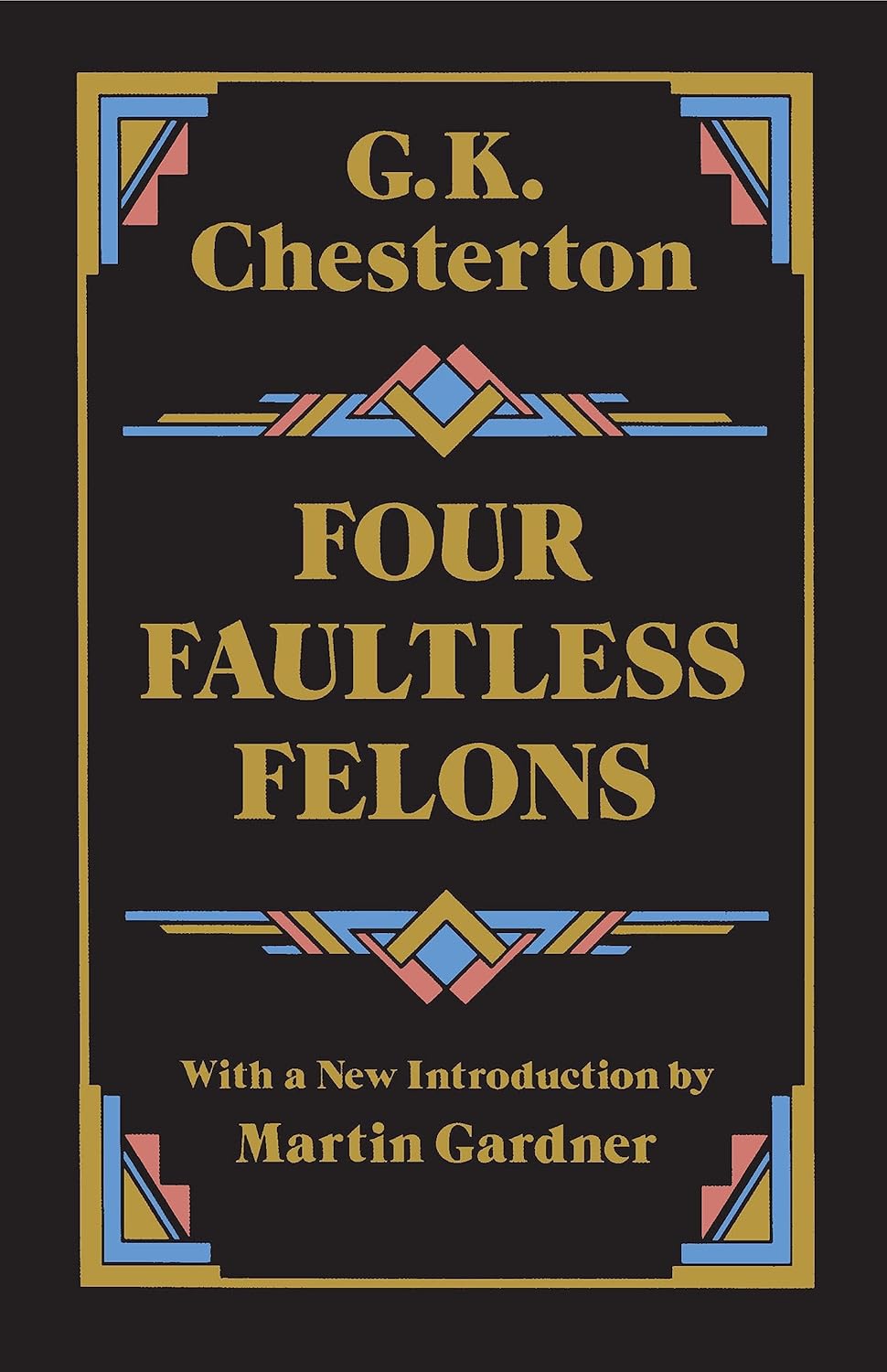Ex Libris Kirkland is my entirely self-centered way to keep track of what I read, what I enjoy, and what I want to remember.
📖 Recent Quotes 📖
-
[This is a PARROT talking:]
And in an old hollow of that tree,
where my father lived in his old age with his wife,
somehow, as fate would have it, I was born,
his only son. Even as I was being born,
overcome by the very severe pain of giving birth,
my mother passed on to the next world.
Though assuredly overwhelmed with grief
at the death of his beloved wife, my father,
out of love for his son, repressed his grief,
deep and severe though it was,
and devoted himself to bringing me up on his own.
[Like, just noting for the record, this bird's mother died in childbirth. And this is after pages and pages describing the jungle he comes from.]an excerpt from Princess Kadambari, Vol 1, written by Bana Bāṇabhaṭṭa in 650
-
[Here’s a lovely section of this poem, describing a kingdom ruled to perfection. The rhythm took a minute to get used to but I really enjoyed it once I found it]
And while that king who'd conquered the universe
was protecting the earth, for his subjects mixtures of caste occurred
only in paintings as mixing of colors;
pulling hair only in love-making;
rigorous imprisonment only in poetry as
rigid rules of composition;
worry only in respect of deliberation
about the forms of secular knowledge;
separations only in dreams;
fines in gold only as golden poles in parasols;
trembling only in flags;
manifestations of passionate emotion only in songs
as performances of musical ragas;
deterioration of behavior through intoxication
only in the case of the perturbation of elephants in rut;
absence of merits only in bows when their strings snapped;
deceitful practices only as latticework in windows;
stains were found only on armor, swords, and the moon;
messengers were sent only in the case of love quarrels,
not to declare war;
the only deserted houses were empty squares
on the boards of chess and dice games.
And for him there was fear only of the next world,
frustration only as the curve
in the curls of the women of his harem,
garrulity only as the noisiness of anklets,
imposing taxes only as taking the hand in marriages,
shedding tears only from the smoke
from the fires of ceaseless sacrifices,
the lash of the whip only on horses,
the twang of the bow only on the part
of mákara-bannered Kama.
Resembling the Golden Age huddled up
through fear of the time of the demon Kali, the fourth age,
extensive, as if it had been the place of origin of the three worlds,
encircled by the Vétravati river
whose garlands of waves broke up in collision with
the lovely Málava women's breasts as they bathed,
and whose waters took on the glow of evening
thanks to vermilion from the temples
of the victorious war elephants
come to dip themselves in its waters,
its banks resounding with the cackle of flocks
of impassioned kala-hansa geese—
such was his capital city. Vídisa was its name.an excerpt from Princess Kadambari, Vol 1, written by Bana Bāṇabhaṭṭa in 650
-
The Mouser deftly kicked a rat that thrust black head and shoulders from his hole.
After each had enthusiastically complimented the other on his girl, Fafhrd said diffidently, "Just between ourselves, do you think there might be anything to your sweet Ivrian's notion that the small dark creature with Slivikin and the other Guild-thief was a wizard's familiar, or at any rate the cunning pet of a sorcerer, trained to act as go-be-tween and report disasters to his master or to Krovas or to both?"
The Mouser laughed lightly. "You're building bug-bears — formless baby ones unlicked by logic-out of nothing, dear barbarian brother, if I may say so. May well have been a stray catling or a big bold rat-like this damned one!" He kicked again.an excerpt from Swords and Deviltry, written by Fritz Lieber in 1970
📓 Recent Notes 📓
-
Anthology of four short stories, grouped in a frame narrative; each with its own mock-detective 'did they even really commit a crime' reveals. Like four little Manalives!
an note about Four Faultless Felons, written by G. K. Chesterton in 1930
-
Today we'd call this GK's "autobiographical faith journey."
an note about Orthodoxy, written by G. K. Chesterton in 1908
-
The usual Chestertonian arguments that no, scientists do not really know everything, and yes we should restrain them from making big societal changes. Especially when it comes to messing with human life.
an note about Eugenics and Other Evils, written by G. K. Chesterton in 1922
Looking for more recent books? Check out the Personal Timeline.



